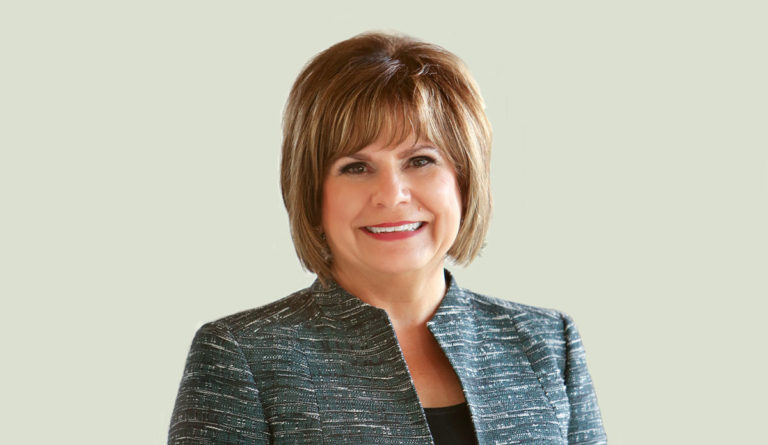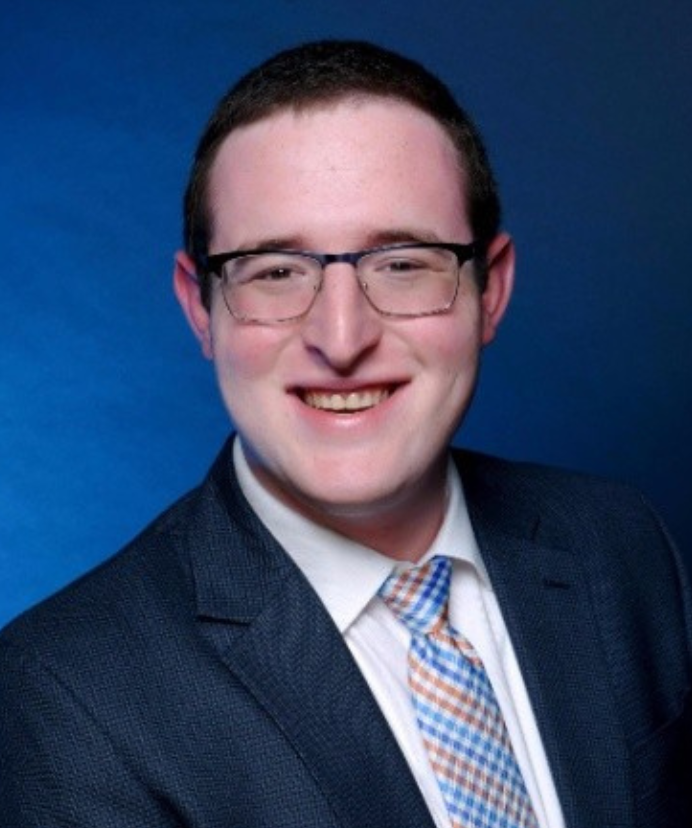Dr. Amelie Ramirez
Public Health Post Fellow Greg Kantor profiles Dr. Amelie Ramirez, who dedicates her work to promote health equity efforts amongst Latino-Americans.

Read Time: 4 minutes
Published:
Amelie Ramirez is a professor of epidemiology and the director of the Institute for Health Promotion Research at UT Health San Antonio. Ramirez has more than 30 years of experience in health disparities research and communications that help drive behavior change. Since 2007, she has led Salúd America!, a network of 250,000 families and community leaders that help promote health equity efforts among Latino-Americans.
Dr. Ramirez sat down with PHP Fellow Greg Kantor to offer insights on Latino health disparities and how Salúd America! is pushing for change and equity.
PHP: How did your involvement with Salúd America! begin?
Dr. Amelie Ramirez: I’ve always been interested in Latino health issues and have been working on them for 30 years. The Robert Wood Johnson started an initiative to look at childhood obesity in the Latino population. But when I started working with them in 2007 through Salúd, we didn’t actually know what really contributed to childhood obesity. Now we’re realizing it’s your zip code that matters more than your genetic code, in terms of health effects. There are a lot of food swamps and healthcare disparities in Texas.
Given that American Latinos come from many different countries of origin, what are some broad health disparities across the population?
In terms of other chronic diseases beyond obesity, breast cancer is the number one cause of cancer death among all Hispanic or Latino women and lung cancer is highest among men. But we start seeing differences when we look at socio-economic status. For example, in terms of access to care, the Cuban community tends to have a higher SES. Therefore, they’re more likely to have health insurance, compared to, for example, the Puerto Rican population or Mexican-American population.
What are common misconceptions about health issues within the Latino community?
What we’re seeing is that our community, even though they might understand the importance of prevention, they’re waiting until it’s late. For example, with cancer, there’s a tremendous fear around a potential diagnosis. And so, they’d prefer not to know about it. We have a lot of work to do in encouraging our population to be more preventive versus coming in when they have the signs and symptoms. If they had come in for care earlier, there would be more treatment options available.
How has technology enabled Salúd to start emphasizing the importance of prevention over treatment?
When we first started, our messaging was all through traditional mass media outlets: radio, television, and newspapers. Of course, the younger population is moving away from that and towards digital media. So, we’re moving too and focusing more on Facebook, Twitter, and Instagram to get our messaging across. But our theoretical framework has not changed, we still use Albert Bandura’s social cognitive theory. We share the stories of individuals who have made positive changes in their community to increase self- and collective-efficacy in other communities.
Your network at Salúd is an impressive coalition of 250,000 families, researchers, policymakers, and community and school leaders. What other resources do you provide that helps this network advocate for policy changes in their community?
It all starts with our website, salud-america.org. We look for specific health policies families can engage in, for example: better foods or more physical activity in schools, Then, they can go to our website, where we have in-depth research reviews that communicate facts – no fake news! Families take these reviews and infographics to PTA or city council meetings to bring attention to that issue. We also advocate when organizations like the Centers for Disease Control seek public comments on guidelines. For example, our members submitted 73% of all the public comments on physical activity guidelines last year.
Your successes speak for themselves, but what else do you consider to be an important achievement for Salúd?
We’re starting to branch out into issues like community cohesiveness. With the concerns in our immigrant population and along the border, we really need to reach out more and work together as a community. We are really promoting issues that are very germane to our everyday living, like access to care and a better education. I think we also need more empathy. Salúd is now looking for stories where people really made a difference in someone else’s life. Caring is important and segregated approaches just don’t work — especially because in the end, we all want the best for our communities, and the chance to lead a healthy life.
Feature image courtesy of Dr. Amelie Ramirez



